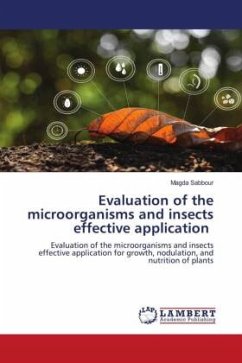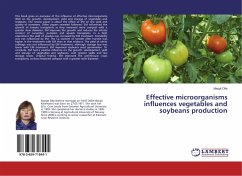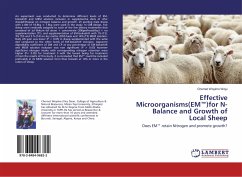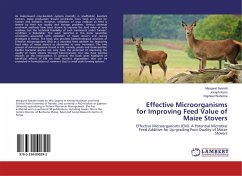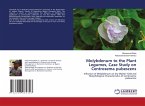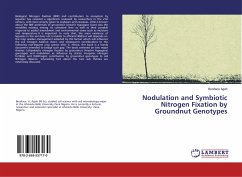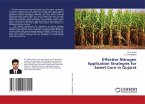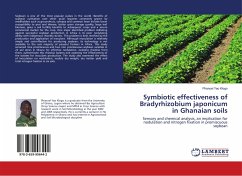Effective microorganisms (EM) consist of a mixture of live cultures of microorganisms, isolated from naturally fertile soils, that are useful during crop production (Mohan, 2008). The principal activity of EM appears to be to increase the bio-diversity of soil microflora, thereby increasing crop yields. Photosynthetic bacteria, the major components of EM, are reported to work synergistically with other microorganisms to support the nutritional requirements of plants and to reduce the incidence of pathogenic microorganisms described EM technology as a technique that supported "natural farming". The rationale behind EM is based on the concept of inoculating mixed cultures of beneficial microorganisms into the soil to create an environment that is more favourable for the growth and health of plants. EM may interact with the soil-plant ecosystem to suppress plant pathogens and other agents of disease, to solubilise minerals, to conserve energy, to maintain the microbial and ecological balance of the soil, to increase photosynthetic efficiency, and to fix biological nitrogen.
Bitte wählen Sie Ihr Anliegen aus.
Rechnungen
Retourenschein anfordern
Bestellstatus
Storno

